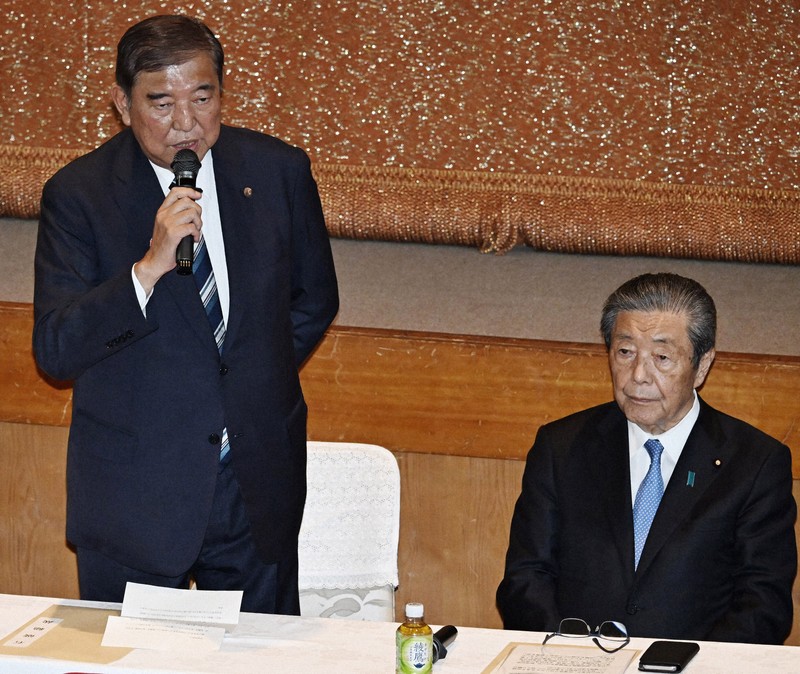The Japanese Prime Minister is oscillating over his political future, with a pivotal decision expected at the apt time. This comes amid a backdrop of heated debates and conjecture both within and outside his ruling party. While the exact timeline and reasons for the potential decision remain undisclosed, political analysts suggest it could be linked to recent events, including criticism of policy implementation and public dissatisfaction levels.
In Japan, politics is deeply intertwined with societal value systems and leadership stability is often highly valued. Prime Ministers generally aim for lengthy tenures to carry out their policies effectively, and abrupt changes are usually viewed as signs of turmoil or instability. Hence, rampant speculations about the Prime Minister's political future are a significant matter of public interest in Japan.
In contrast, leadership change or transitions in the US or EU are often seen as part of the democratic cycle. These changes are regularly planned and occur within the policy framework, such as a constitutionally set term-limit. The concept of a Prime Minister or President stepping down before the end of their tenure is generally more accepted and less destabilizing.

